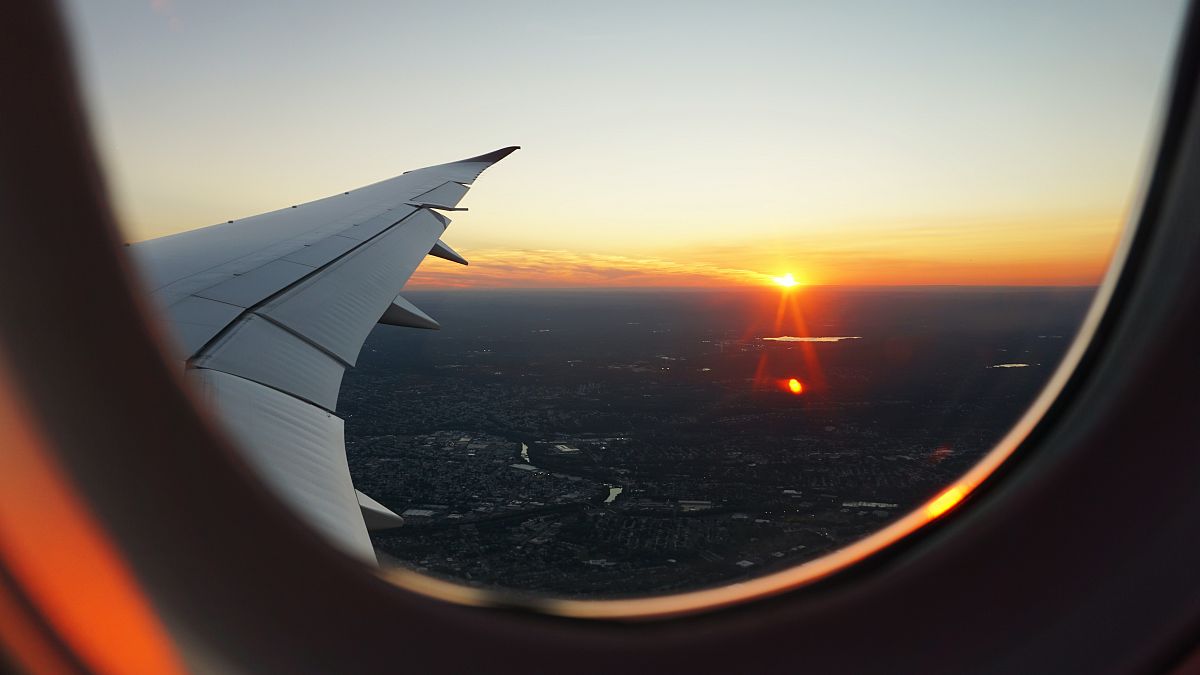The third Monday of January has become known as ‘Blue Monday’, the day of the year people are supposed to feel most depressed.
But it was not a medical expert or mental health charity that termed it as such.
Blue Monday was dreamt up by now-defunct holiday agency Sky Travel in 2005 as a way to sell more holidays.
Each year, travel companies continue to piggyback on the PR stunt with offers for serotonin-boosting winter sun breaks and wellness trips.
What is Blue Monday?
Nearly 15 years ago, UK-based Sky Travel commissioned a former university lecturer to work out what is the most depressing day of the year as a way to market winter holidays.
Cliff Arnall came up with a ‘mathematical equation’ to find the bleakest day by combining weather data, amounts of debt, time passed since Christmas, motivation levels and the time since New Year’s resolutions were made.
His calculation led him to the third Monday of January, a day when the Christmas spirit has faded, New Year’s resolutions like Dry January have been broken, credit card statements from present-shopping sprees have to be settled and the weather is dismal.
Blue Monday sells holidays
Each time Blue Monday comes around, travel agencies seize the opportunity to market escapist holiday deals to beach destinations or cruises to sunnier climes.
But mental health charities are warning of the risks of buying into the concept.
“It is a myth, a false calculation based on things like the gloomy weather, post-Christmas debt, disappointment from not keeping New Year’s resolutions, dissatisfaction about going back to work and general doom and gloom,” writes the UK’s Mental Health Foundation on its website.
“Since then, it has become a rather tedious yearly PR event, often designed to promote things that are vaguely linked to improving our well-being, more often than not with a complete lack of evidence.
“No actual scientific studies have ever backed up any claims about Blue Monday. Let’s look after our mental health against commercial influences.”
Instead, mental health professionals are highlighting science-evidenced illnesses like seasonal affective disorder (SAD) that impact people at this time of year.
“Poor mental health is the greatest public health challenge facing our generation,” the foundation adds.
“Trivialising symptoms of depression, anxiety and other mental health problems, under the influence of commercial industries that wish to turn mental health into an on-trend topic for profit, is unacceptable.”


